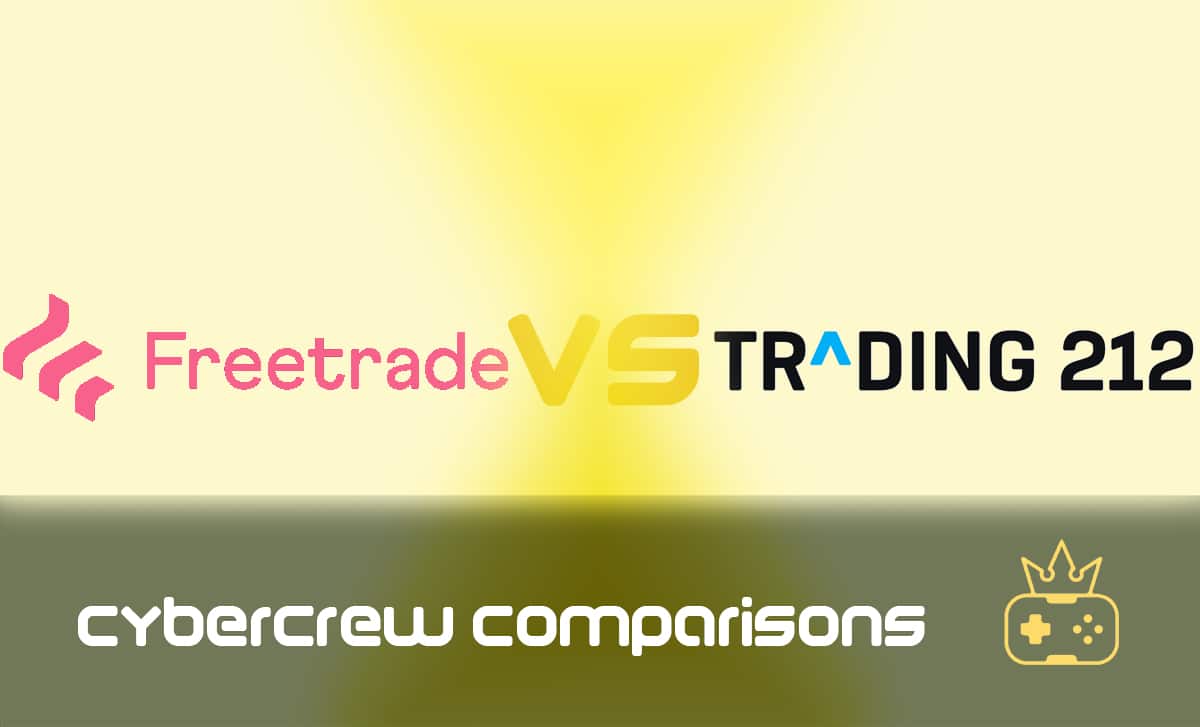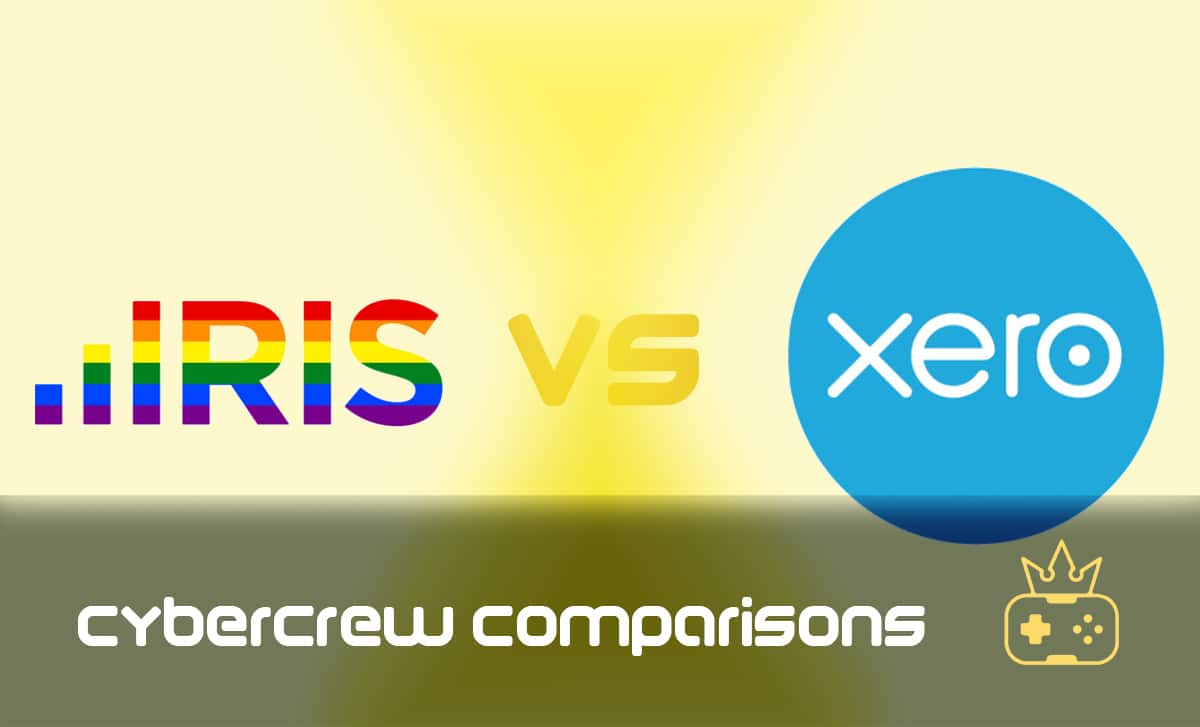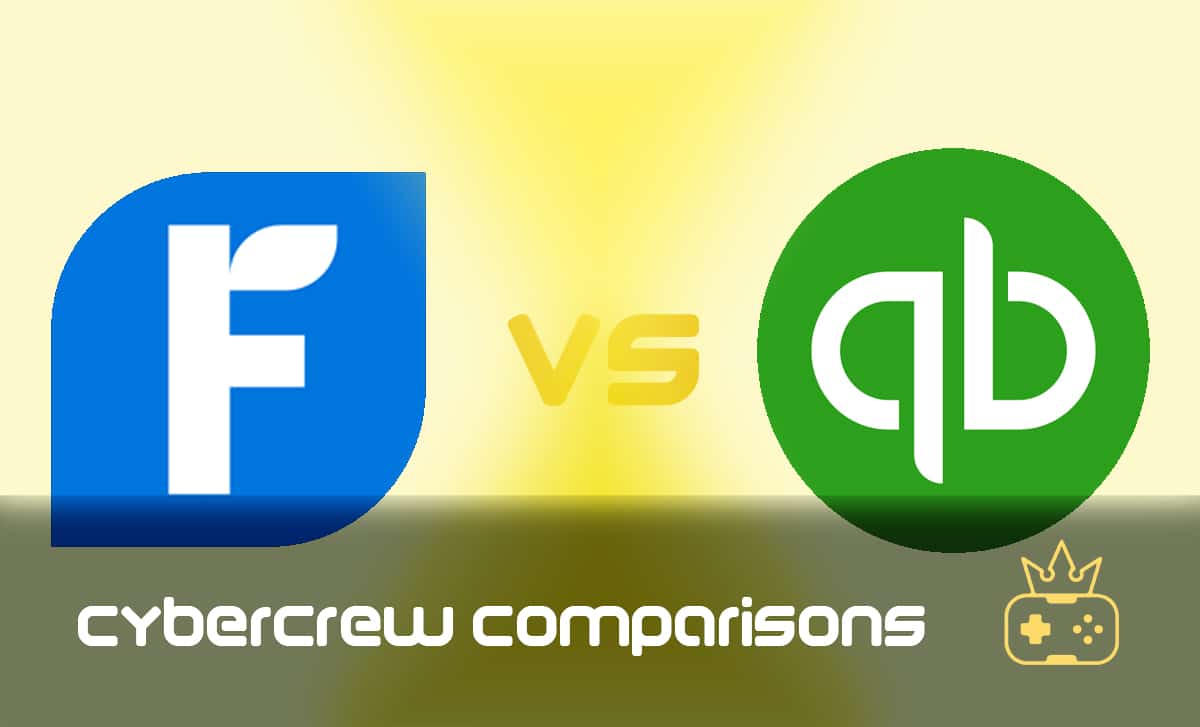.co.uk vs .uk vs .com: Finding the Right UK Domain Name
Last Updated: June 12, 2023
Choosing the right domain name can have significant implications for your enterprise since it indicates the type and scope of the business you are running.
British companies typically go for .com or the less generic .co.uk. However, since its release in 2014, the brief and simple .uk has been making waves too!
Stay put as we compare all these options to help you decide!
What Is a Domain Name?
First, let’s see what ‘domain name’ means and closely examine its elements.
Put briefly, a domain name is a combination of letters and words mapped to your hidden alphanumeric IP address. Therefore, instead of remembering and writing up to a dozen digits, visitors only have to remember a word or two.
For instance, to navigate to BBC’s website, you’d just type in: ‘bbc.co.uk’ instead of remembering ‘212.58.224.113’ or other IP addresses.
In any domain name, we see two or three elements: the top-level domain (TLD), comprising the last letters after the final dot, and a second-level domain (2LD), expressing the business name. So, ‘google.com’ has ‘google’ as a 2LD and ‘.com’ as a TLD.
However, many UK businesses use the specific ‘.co.uk’ suffix, which in this case, contains the TLD and the 2LD, so the main name becomes the 3LD.
.co.uk vs .com: Which TLD Is Best in the UK?
By far, UK businesses’ most popular domain names include .co.uk or .com in their strings, but they perform slightly differently in different scenarios. Let’s take a look.
1. Reach of Products and Services
To indicate you are a global player shipping products or providing services worldwide, go for .com. Despite being used predominantly by US-based businesses, the generic .com is also the best choice for firms trading internationally as it stands for ‘company’.
But, if your operations do not really extend across the pond or the channel, .co.uk is the better choice since it flags both a UK-based location and a countrywide reach. Plus, it tells UK customers they’ll get cheaper and faster shipping options.
2. Trust and Authority Building Potential
As one of the oldest and most widespread domain extensions out there, .com commands greater authority and credibility both in the UK and worldwide. After all, it often indicates a business with an established global presence and expertise in its operations.
On the other hand, .co.uk conveys that businesses have limited experience in dealing with international customers as they focus on local markets. Some customers prefer that, though, so co.uk may be the better option depending on your business activities.
3. Optimising for SEO
Adding onto the previous two points, .co.uk and .com may offer slightly different SEO benefits for your business depending on your target group and market presence.
For example, if you are offering handmade products that you ship locally and want to attract regional traffic, you will increase your visibility by choosing a UK-specific domain since users will be searching for companies making and shipping local products.
4. One Is Pricier Than the Other
Since .com has a global appeal and businesses worldwide are vying for larger pieces of the various international markets, ‘dotcom’ domain addresses are more expensive.
On average, the international .com version of your website will cost double or even ten times as much (rarely) as you would pay for a regional .co.uk or .uk alternative.
However, obtaining both might be a smart business decision if you are looking to expand to international markets in the future. Thus, you can use your local .co.uk domain name while establishing your business and .com when you start trading abroad.
Claiming both for brand protection purposes is also wise, as your competitors will try to snatch your domain alternatives right under your nose to hurt your business. Cybercriminals do the same as they attempt to phish innocent users via a legitimate-looking site.
What About .uk?
The shorter, simpler, and newer .uk is very similar to the established .co.uk since it was launched in 2014 to expand the registration options for UK-focused businesses.
On top of that, Nominet—the main UK domain registry organisation—claims that most countries across the world use the same TLD format: a singular country extension.
From the businesses’ perspective, claiming a domain name with the .uk extension is much easier since most of them are up for grabs—it’s the new standard, after all.
As a matter of fact, over 2 million businesses have done so, especially those with a compound second-level domain, such as org.uk, co.uk, net.uk, plc.uk, ltd.uk, etc.
Nowadays, both co.uk and .uk are commonplace domain extensions for UK-operating businesses as they both serve the same purposes. That said, you should first grab the .uk one since trends are shifting to favour it. However, grab both if you can!
Bottom Line
When choosing a domain name for your new UK business, you must give it some thought as it will convey your target audience, brand identity, and global aspirations. For instance, while .co.uk and .uk—its streamlined sibling—offer a strong local presence and trust among UK consumers, .com indicates international recognition and broader reach. Ultimately, you must ensure your website name aligns best with your overall strategy and vision.


![How to Sell on Depop in the UK [2024 Guide]](https://cybercrew.uk/wp-content/uploads/2023/06/Selling-on-Depop-UK.png)







